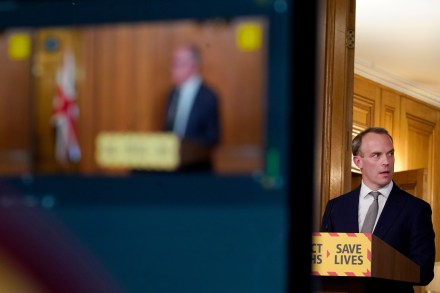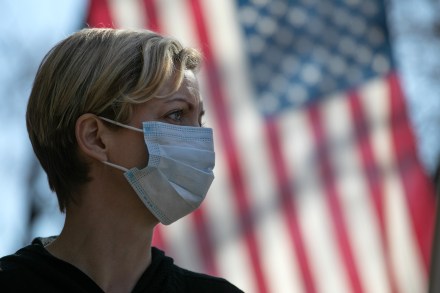The price of oil just hit $0 a barrel. What’s going on?
If you’ve ever wanted to own a barrel of oil, today might be your lucky day – for the first time in modern history, there are traders across the world who’ll let you have it for free. On Monday evening the price of oil futures plummeted, with one key oil price in the USA hitting $0 per barrel shortly after 7pm UK time. It sounds unbelievable – and illogical. Why go to such great efforts to extract oil, which was selling for $60 a barrel just three months ago – only to give it away for free? How did we get here? The collapse in the world economy has led




















